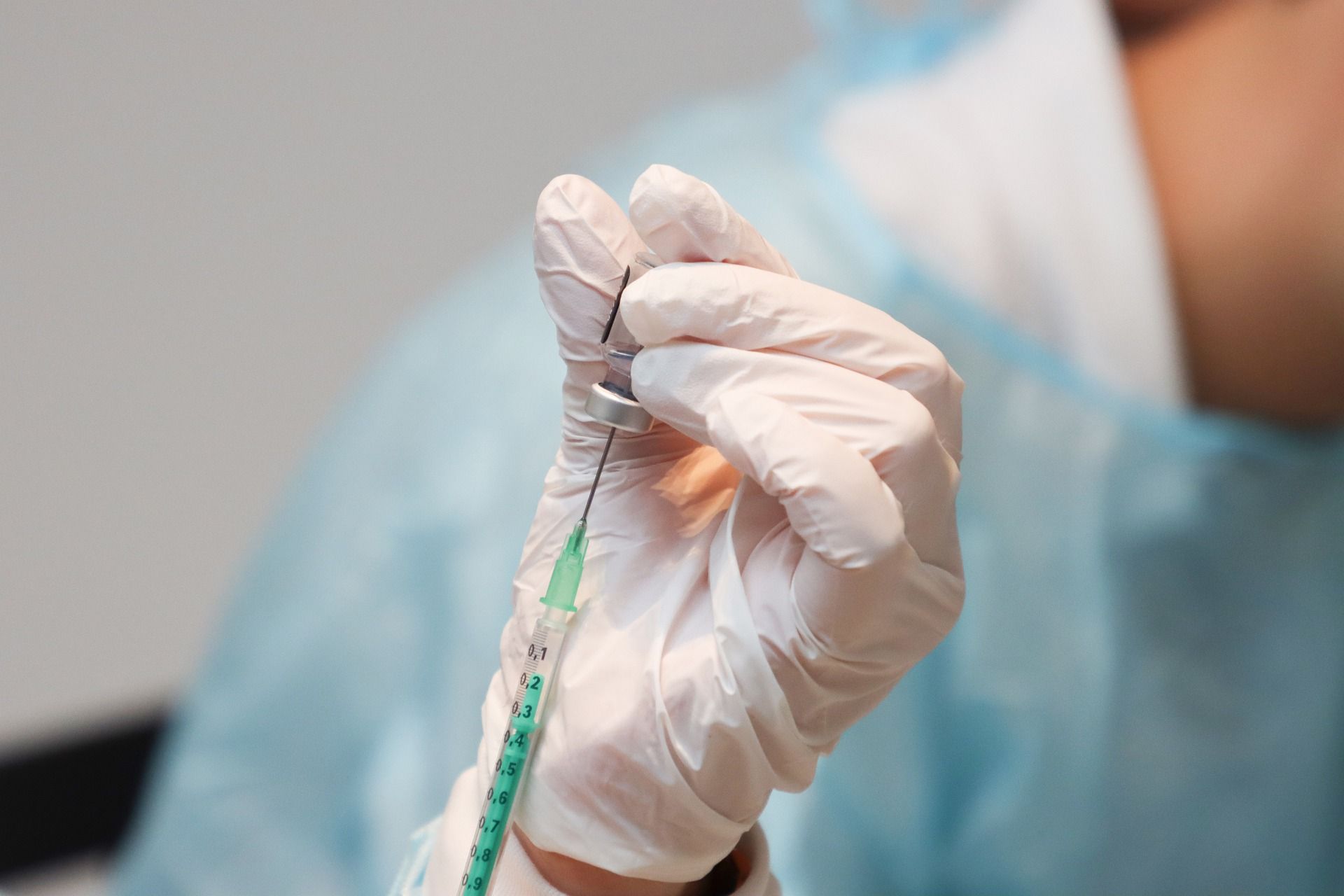The European Union has agreed to purchase 20 million kroner’s worth of a new vaccine developed by US biotechnology firm Novavax. Denmark’s share, expected between November 2021 and January 2022, corresponds to 1.3 percent or 280,000 doses.
But a few hurdles remain before Denmark receives its Christmas vaccine delivery. Novavax has been stalling on submitting the drug for approval with the European Medicines Agency (EMA), citing a lack of data.
“It’s all very uncertain”
Speaking to Reuters on condition of anonymity, an EU official familiar with the process said “we expect data around October but it’s all very uncertain – we are not sure about the precise timing.” They added that, though further delays were possible, “vaccine approval is still possible this year.”
The setbacks are due to a change in production strategy which has complicated the approval of Novavax’s manufacturing sites by regulators. The vaccine’s clinical data has been under rolling review by the EMA since February.
Under pressure to set a date, Novavax said in its latest earnings announcement that data would be submitted to the EU “within weeks” of its filing to British regulators. A spokesperson set a likely timeline between late September and early October, according to Reuters.
New technology
Novavax’s protein-based vaccine uses alternative technology to the four shots already approved in the EU. The Pfizer/BioNTech and Moderna vaccines use mRNA technology, while the AstraZeneca and Johnson & Johnson shots are based on viral vectors.
The Novavax vaccine contains a laboratory-grown version of a particular protein found on the surface of SARS-CoV-2 coronavirus. This protein activates the immune system to produce antibodies and T cells, which will be reproduced if the vaccinated person later comes into contact with SARS-CoV-2.
Worth the wait
Despite the waiting time, then, the Novavax jab has great appeal to Denmark and the wider EU, which is seeking to diversify its vaccine portfolio
“Even though the vaccine rollout is now going well in Denmark, it’s important that we continue to follow the development of new vaccines closely. Corona is still in our society, and in the long run there may be a need to include vaccine technologies other than those Pfizer and Modernity are based on,” said the health minister, Magnus Heunicke.















